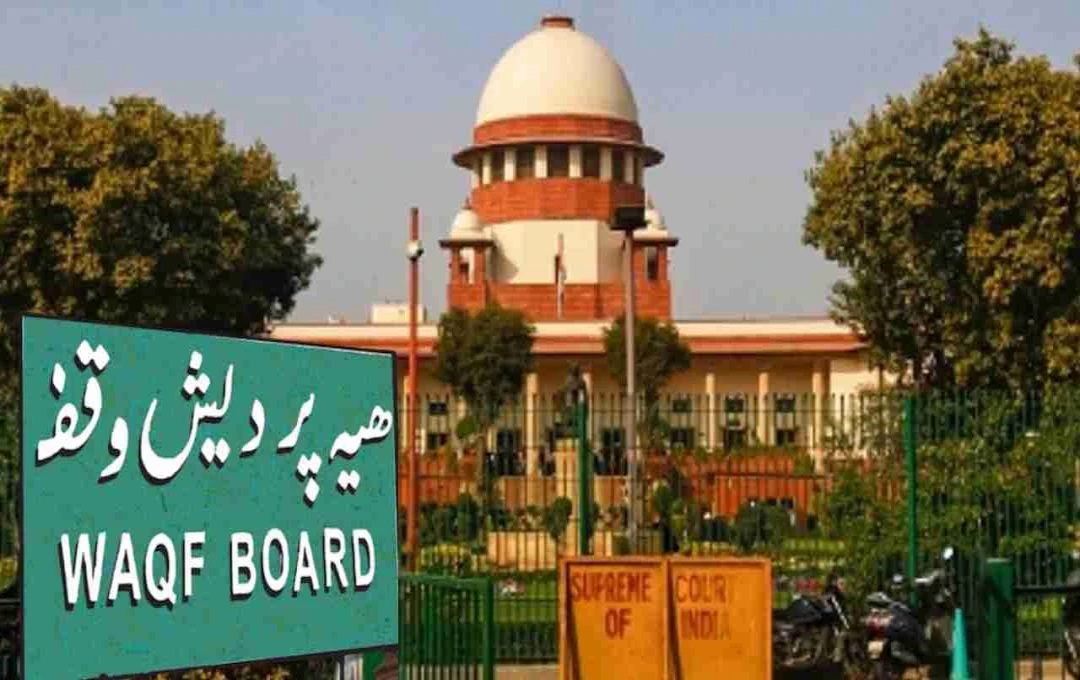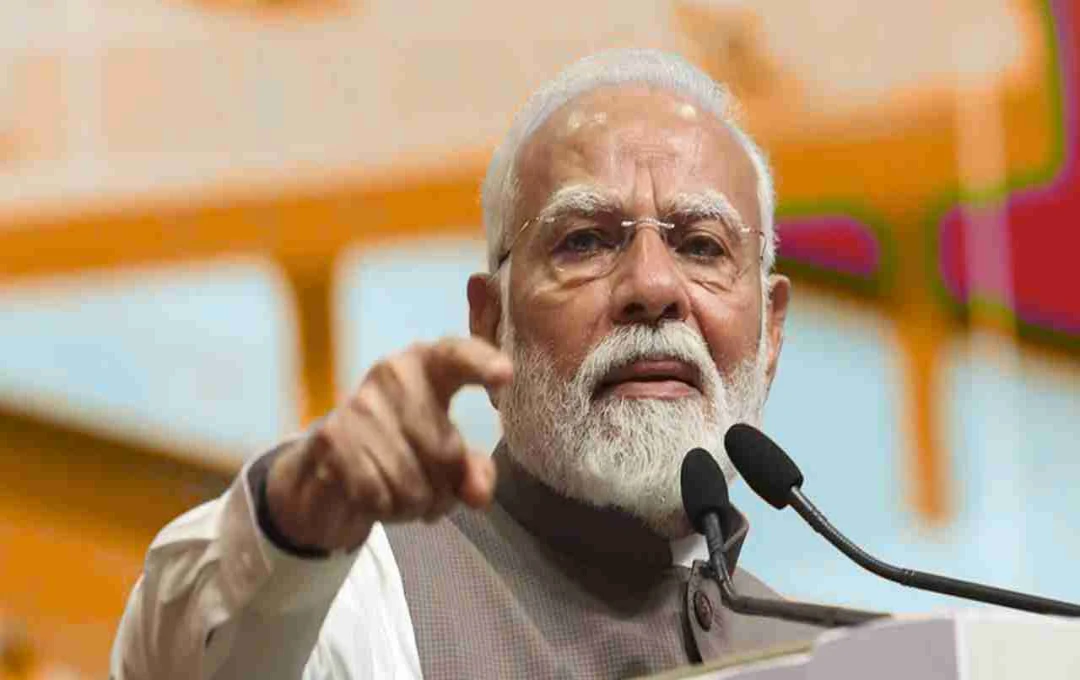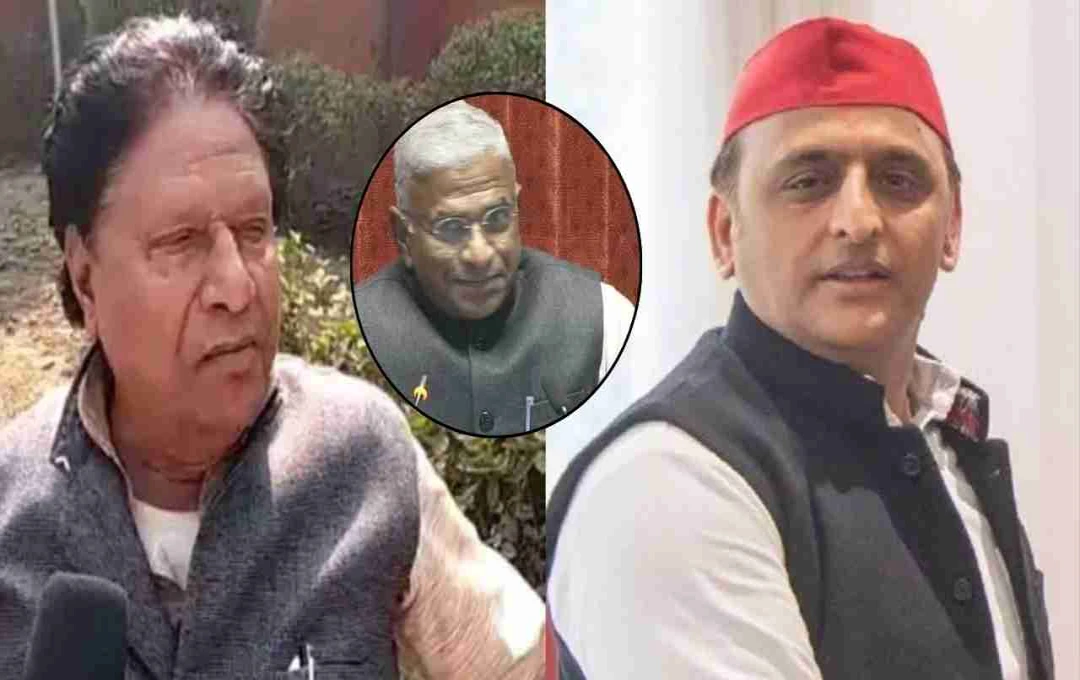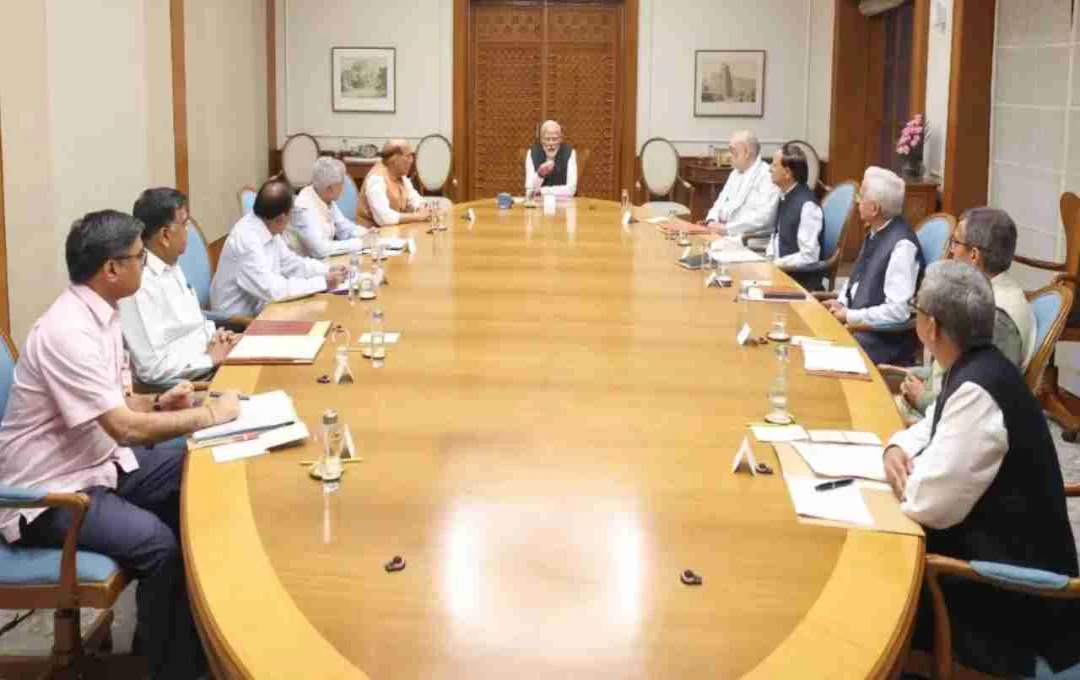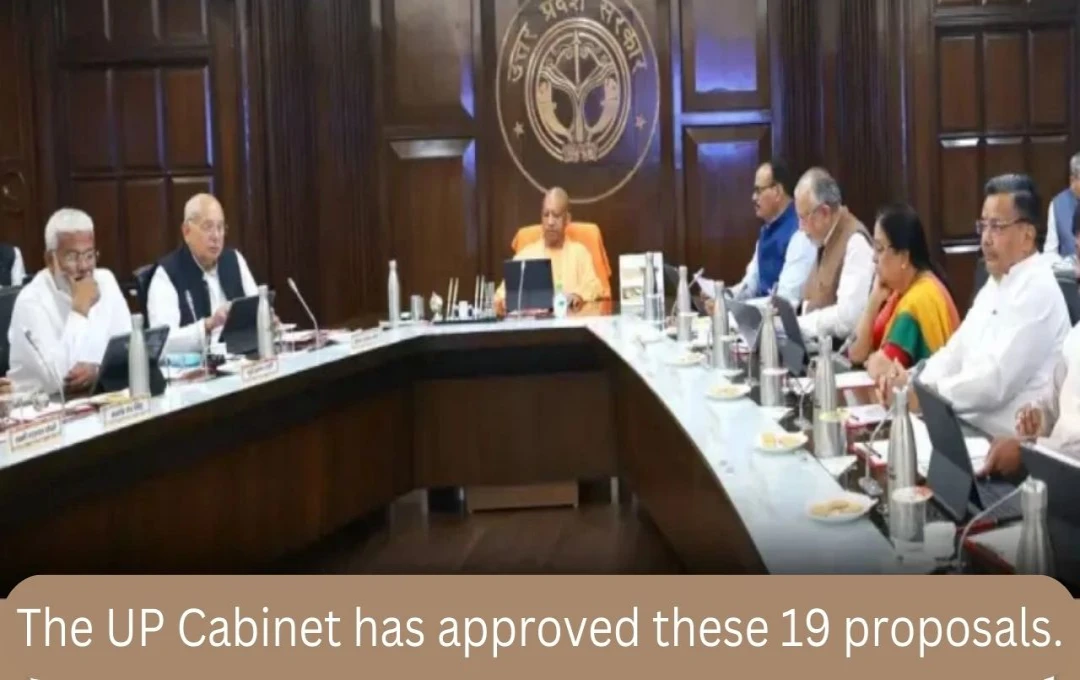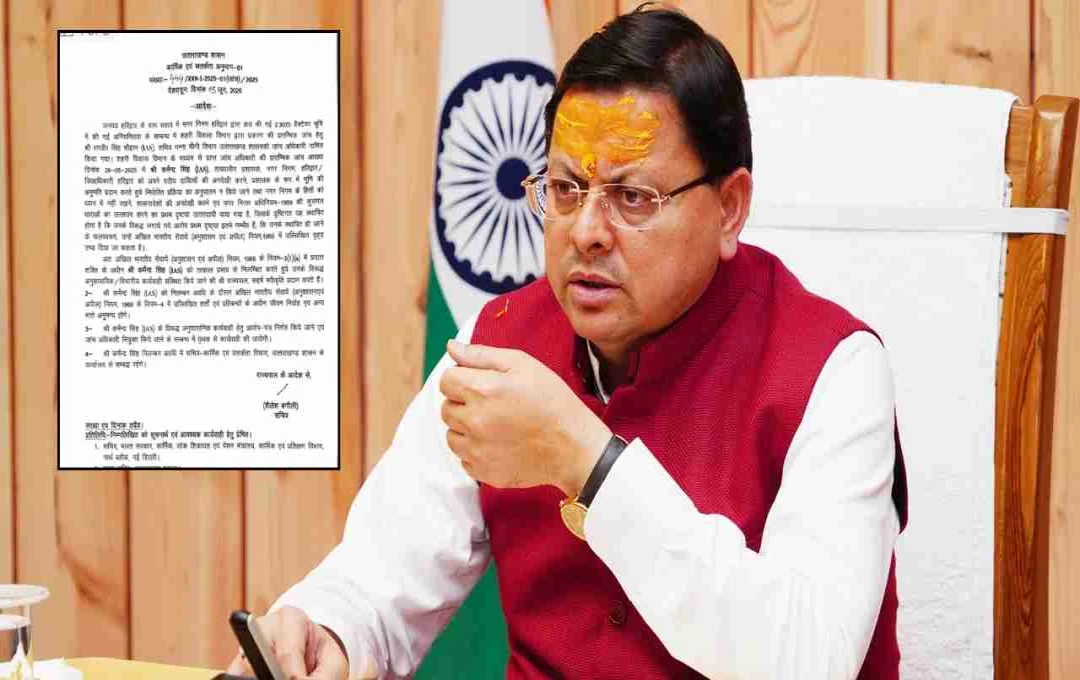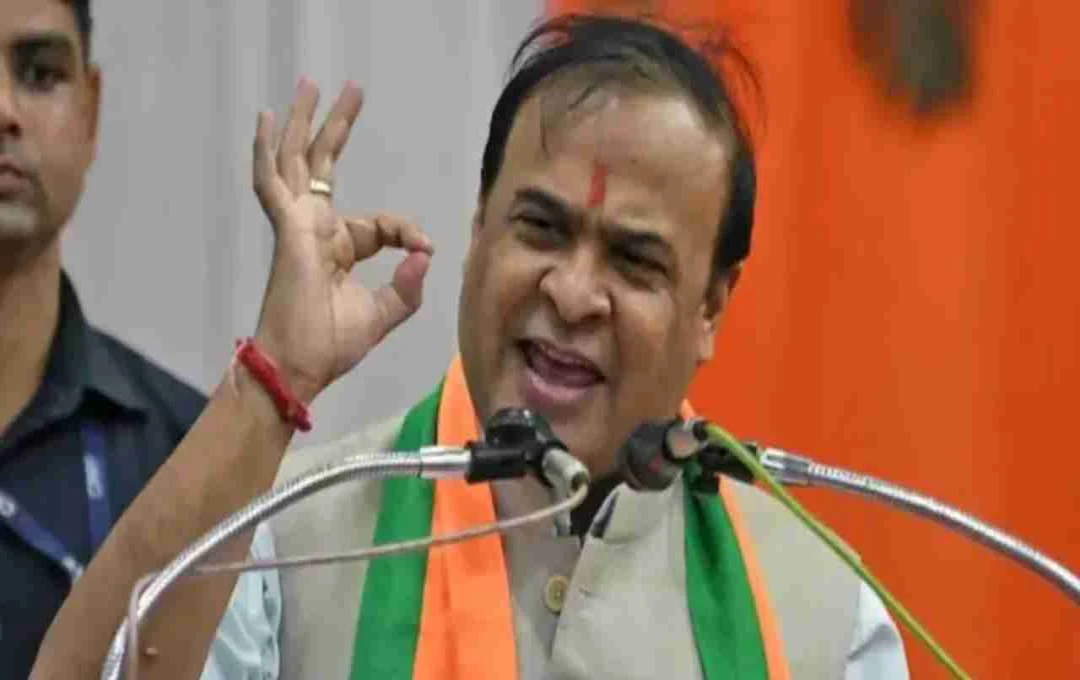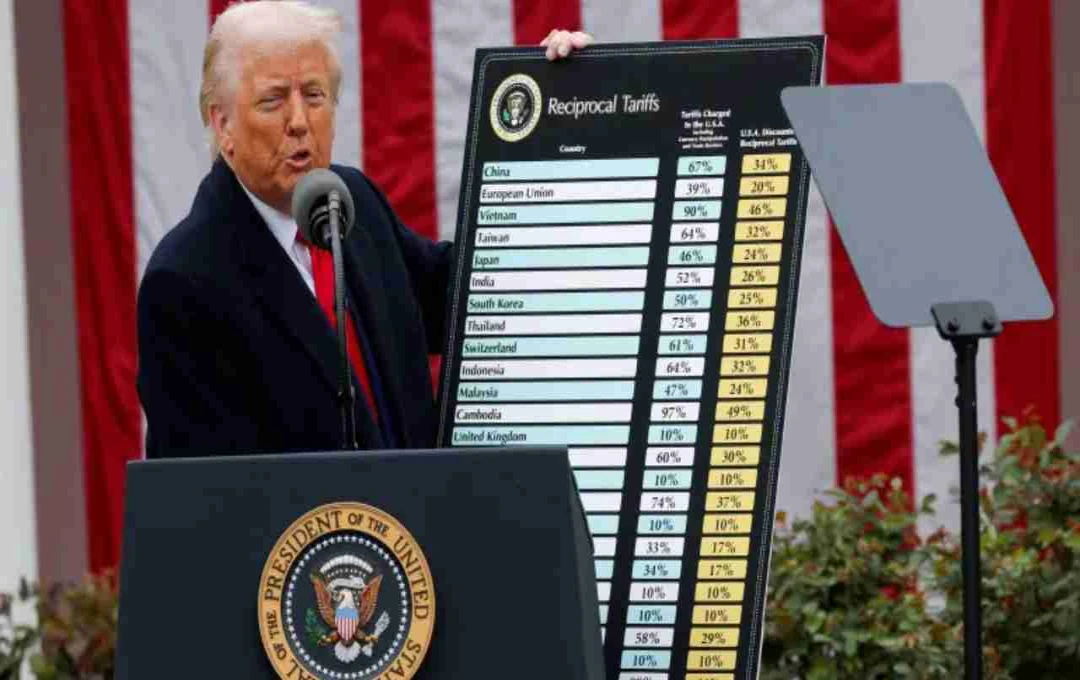After three days of arguments in the Supreme Court regarding the Waqf Amendment Act, the court has reserved its interim order. The central government supported the law, while petitioners termed it unconstitutional.
New Delhi – Debate has intensified once again in the country regarding the Waqf Act. Hearings in the Supreme Court on petitions challenging the Waqf Amendment Act have concluded. The Supreme Court has reserved its interim order in the matter. The entire nation now awaits the court's decision.
Three Days of Heated Debate
The bench comprising Chief Justice of India (CJI) D.Y. Chandrachud and Justice Hima Kohli heard this crucial case. Over three days of hearings, senior advocates Kapil Sibal, Rajiv Dhawan, and Abhishek Manu Singhvi presented arguments for the petitioners, while Solicitor General Tushar Mehta represented the central government.
The central government bly supported the Waqf Amendment Act in court, stating that it is constitutionally valid and contains no illegalities. Conversely, the petitioners declared the law unconstitutional, arguing that it could be used to usurp the property of minorities.
Government's Stance – Secular Concept of Waqf
Solicitor General Tushar Mehta, appearing for the government, argued that the concept of Waqf is based on a secular concept and its fundamental structure cannot be impeded by an interim order from the court. He also stated that any law passed by Parliament, until declared unconstitutional, carries a presumption of constitutionality. Therefore, the court should refrain from imposing a complete stay on it.
Petitioners' Objection – Possibility of Seizure Through Non-Judicial Process
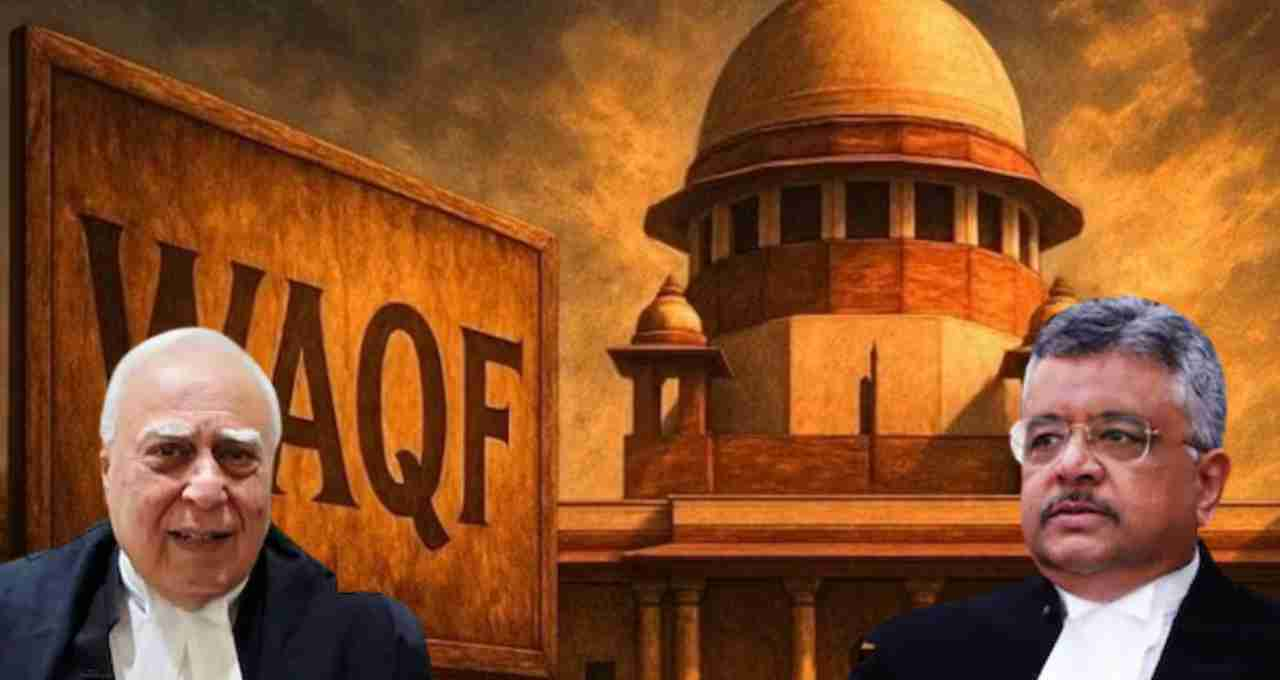
Senior advocate Kapil Sibal, representing the petitioners challenging the Waqf Amendment Act, raised serious objections to the law. He argued that it opens the way for claiming Waqf on properties through a non-judicial process.
Sibal argued that if this law is implemented in this manner, it would empower the government to declare any property as Waqf and evict the actual owner from their land without due judicial process.
Demand for Interim Order on Three Issues
The petitioners sought interim relief on three key points in the current stage of the case:
First – The court was requested to restrain the power to de-notify properties declared as Waqf, by user, or by deed.
Second – Questions were raised about the structure of the state Waqf Boards and the Central Waqf Council, demanding that these institutions include not only Muslims but also members of other communities, or limiting ex-officio members.
Third – The controversial provision was challenged, which states that if the District Collector verifies that the land is government land, it will not be considered Waqf property. The petitioners described this as being against property rights.
1,332-Page Reply Filed
To strengthen its position, the central government filed a 1,332-page affidavit in court. This contains arguments regarding the constitutionality and necessity of the law. The government clearly stated that this law is in the public interest and that preventing it would hinder the religious and social responsibilities of the minority community.
